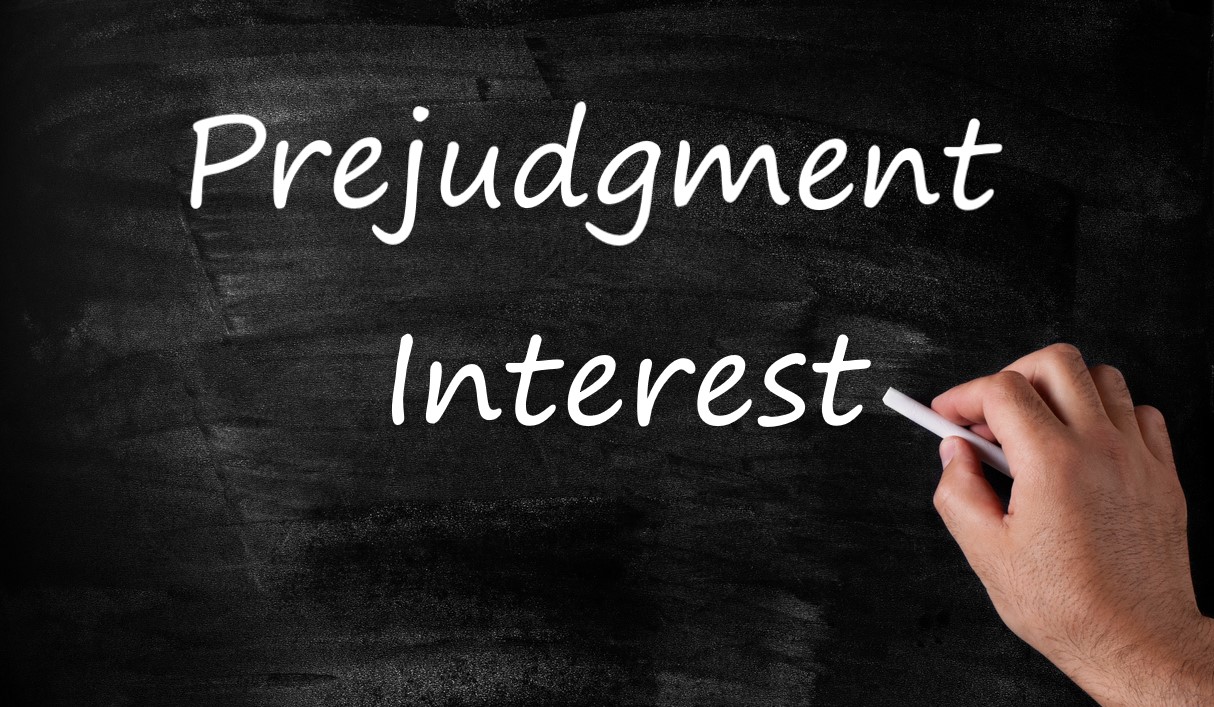In my last few posts, wrote about policyholders’ obligations and duties in notifying insurance carriers of a loss and the proof of loss obligations. I focused on New York in particular. What about the duties of insurance carriers once they are notified of a loss by a policyholder? I have heard people say insurance carriers have no duties after a loss. This cannot be farther from the truth. Let’s find out why…
The discussion starts with the policy. Depending on the policy involved, there are different burdens of proof for insurance carriers. Generally, an all risk policy covers all perils unless specifically excluded. If the insurance carrier denies coverage pursuant to a policy exclusion, it has a heavy burden to clearly prove the exclusion. Additionally, policies generally state insurance carriers will adjust losses with the policyholder. So the insurance carrier cannot fail to respond or address damages claimed without being in breach of such a policy provision. There are also payment obligations under the loss payment provisions—timing, like kind and quality, and code upgrades, among others.
In many jurisdictions, there are also statutory provisions, administrative code provisions and judicial opinions regarding insurance carriers’ obligations in handling insurance claims. I came across an opinion from a New York Court that summarizes insurance carrier obligations quite well. In Frizzy Hairstylists, Inc. v. Eagle Star Insurance Company,1 the Court stated:
Very few New Yorkers are immune from the purchase of insurance. From the ‘cradle to the grave’ we attempt to protect ourselves and our loved ones. In some instances it is mandated by statute. You can’t drive an automobile in New York (and most other states) unless you purchase an auto insurance policy. To the small businessman it is essential—not having fire, liability and other business coverages would spell the ‘deathknell’ for the victim of a casualty. A huge industry—the insurance industry—has been spawned as a result of the tremendous need and demand for multitudinous forms of insurance coverage. In recognition of the tremendous power wielded by the insurer, the State through legislation and regulation, has over the years developed ‘public policy’ for the protection of the insured. When an insurance company applies for and receives a license to do business in this state, it agrees to accept and be bound by the rules and regulations of the State Insurance Department.
In 1970, the State Legislature signaled its recognition of the need to have the insurance company process the insured’s claim fairly and promptly, by enacting Section 40-d of the Insurance Law. Section 40-d prohibits insurers doing business in this State from engaging in unfair claims settlement practices. While Section 40-d limits enforcement to the State Insurance Department and only for repeated offenses, Section 273 of the statute defines the commission of any One act under 40-d as ‘unfair methods of competition and unfair and deceptive acts or practices in the business of insurance.’ Section 272 prohibits any person from engaging in such act or practice. For the purpose of defining minimum standards upon which insurance companies and their employees engaged in claims settlements would be guided, the Superintendent of Insurance issued the following regulation February 1, 1973: ‘In any case where there is no dispute as to coverage, it shall be the duty of every insurer to offer claimants or their authorized representatives, amounts which are fair and reasonable as shown by its investigation of the claim, . . .’ (Insurance Department Regulation (11 N.Y.C.R.R.) 216.6(a))
The courts recognized, to a degree, the power of the insurance company, even before the enactment of 40-d. . . . ."Since the company, therefore, has power, through the control of settlement, to adversely affect the insured’s interests, it must necessarily bear a legal responsibility for the proper exercise of that power. Thus, the law imposes upon the insurer the obligation of good faith—basically, the duty to consider, in good faith, the insured’s interests as well as its own when making decisions as to settlement."
While it is nearly impossible to summarize in one post all pertinent statutory provisions in a particular jurisdiction that speaks to insurance carrier duties, I found the above quote powerful. It speaks to the heart of the issue. It also recognizes the power discrepancy between insurance carriers and policyholders and the rationale behind claims handling statutes to attempt to level the playing field and dissuade carriers from taking advantage of policyholders.
1 Frizzy Hairstylists, Inc. v. Eagle Star Ins. Co., 392 N.Y.S.2D 554 (N.Y. Civ. Crt. 1977).



